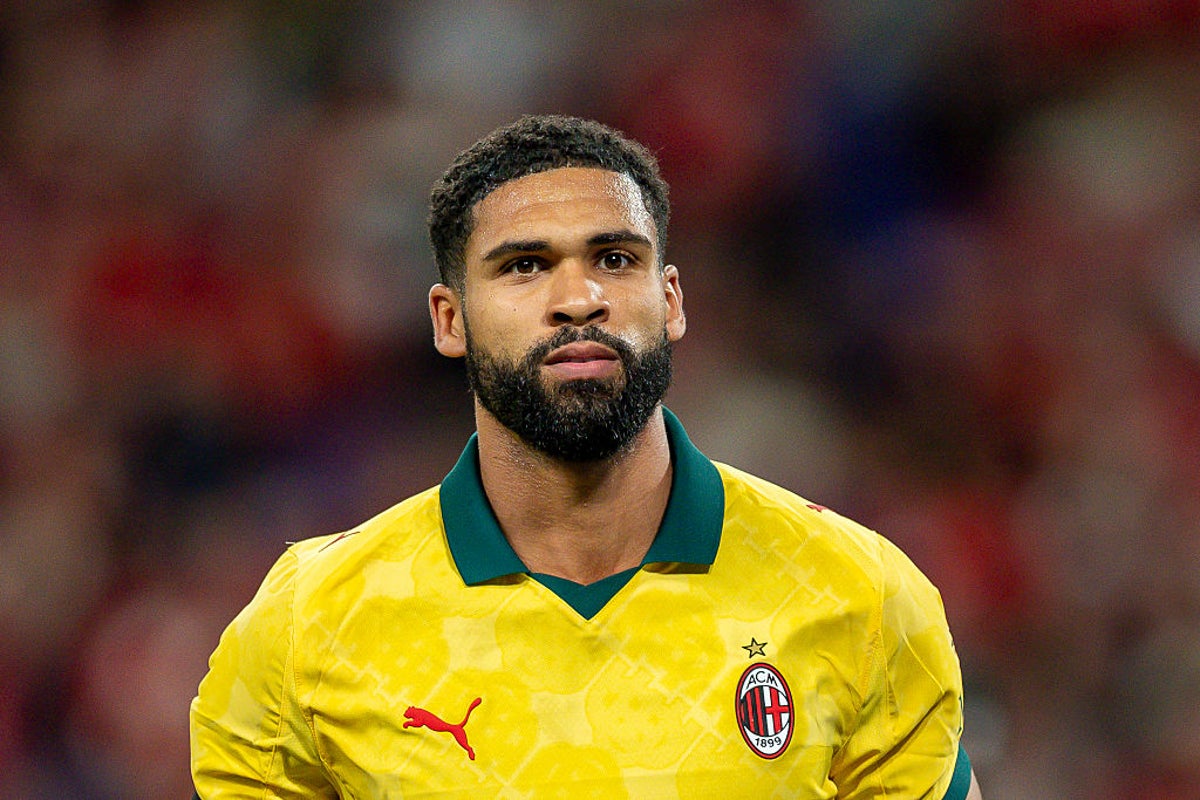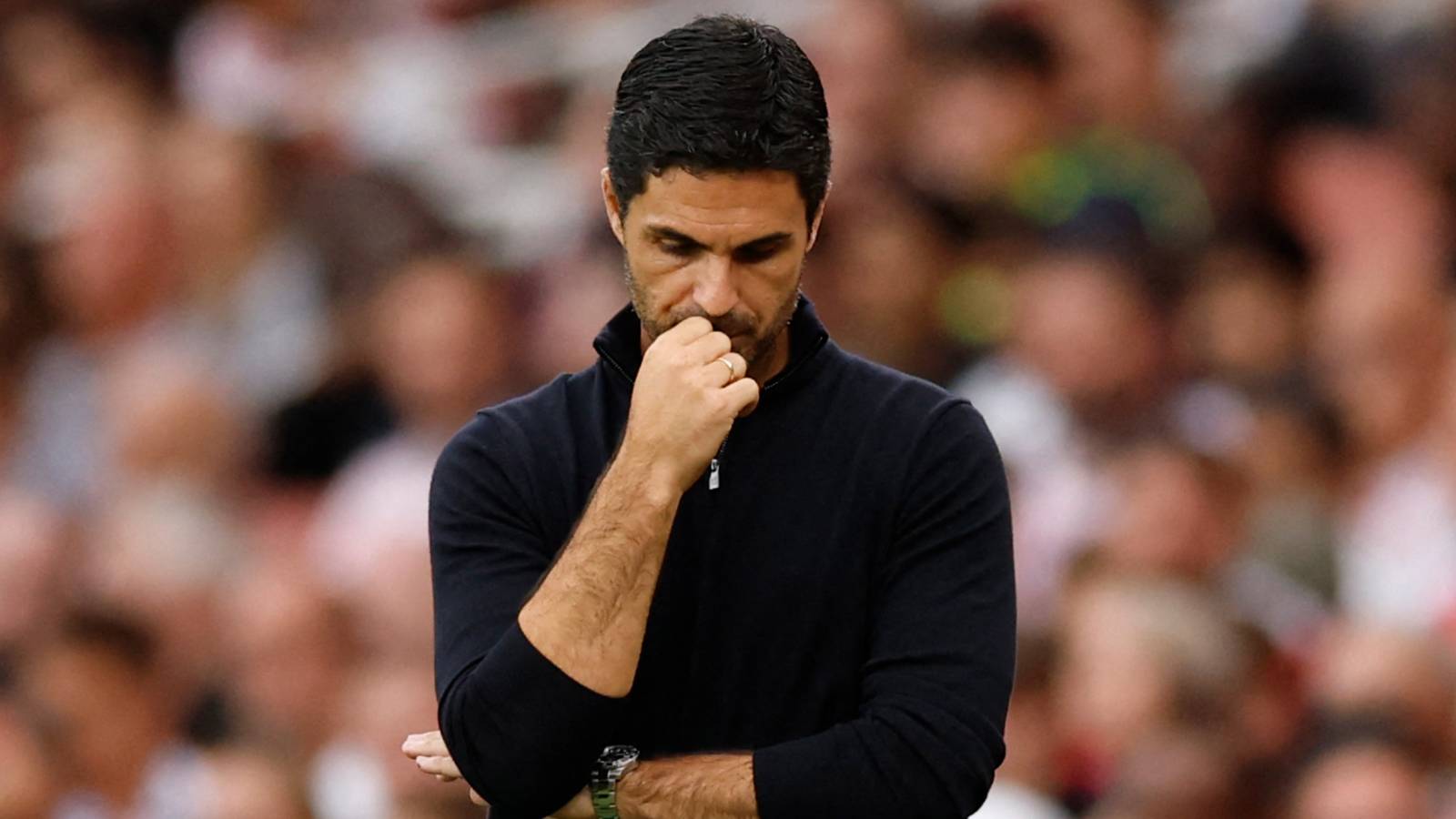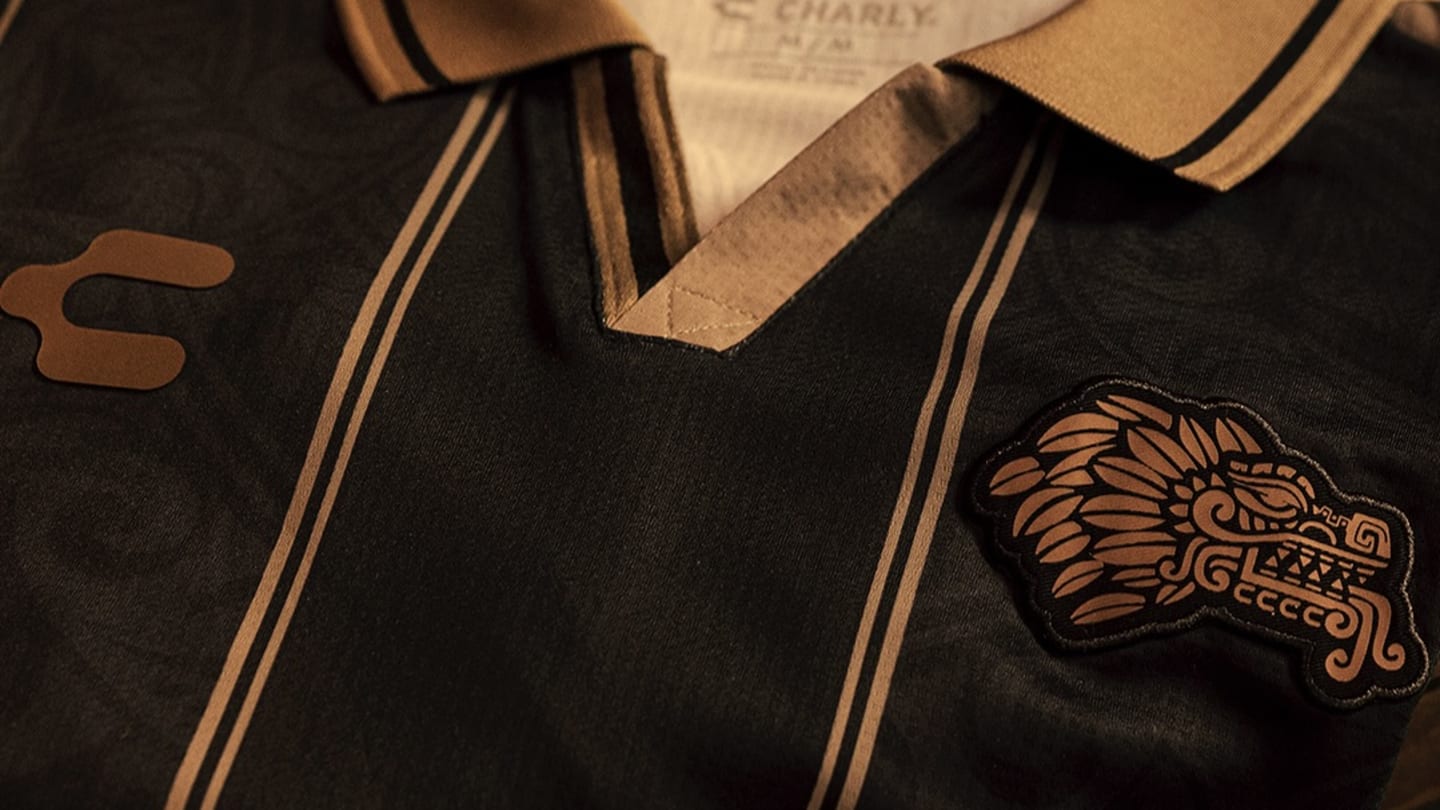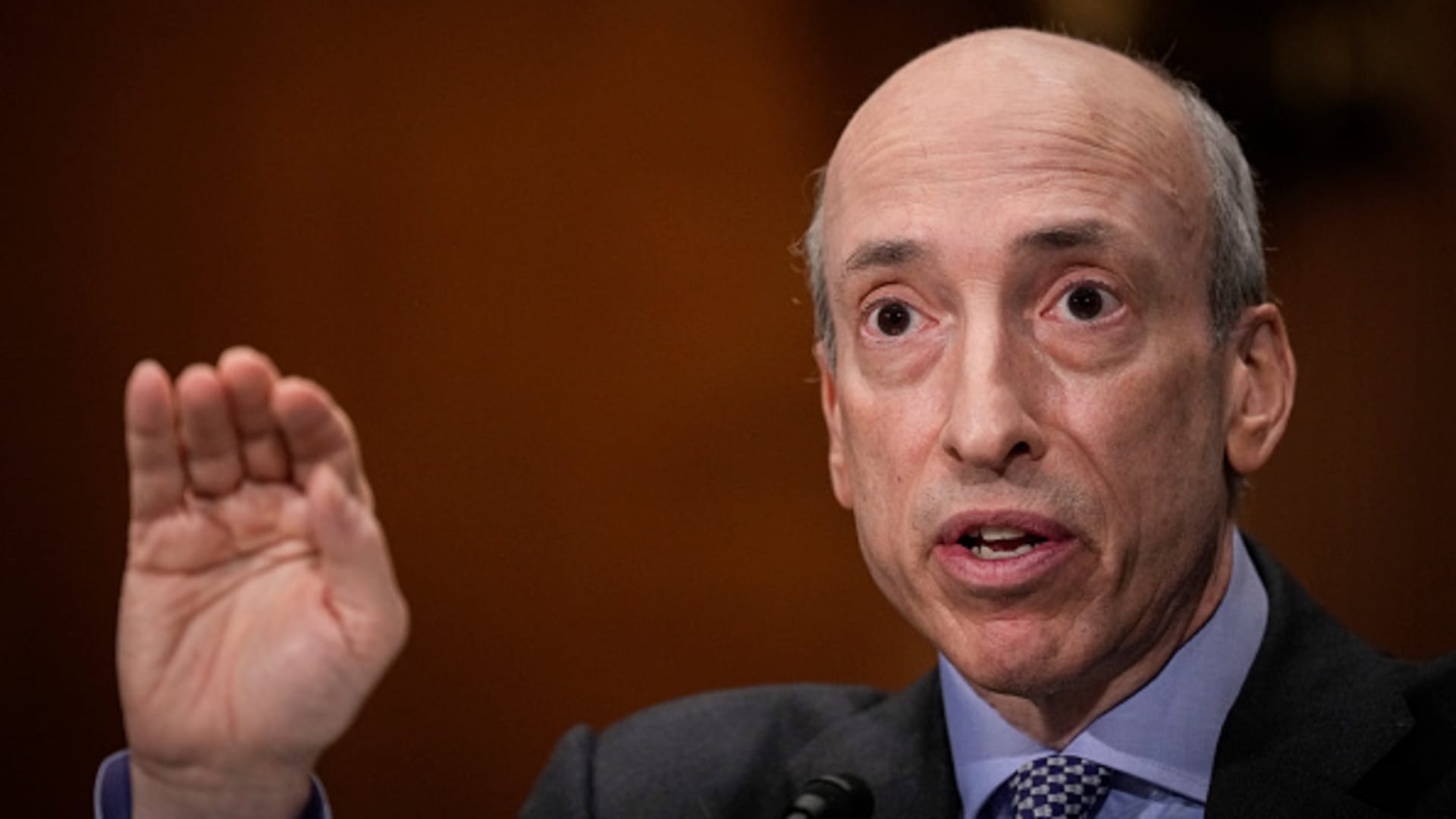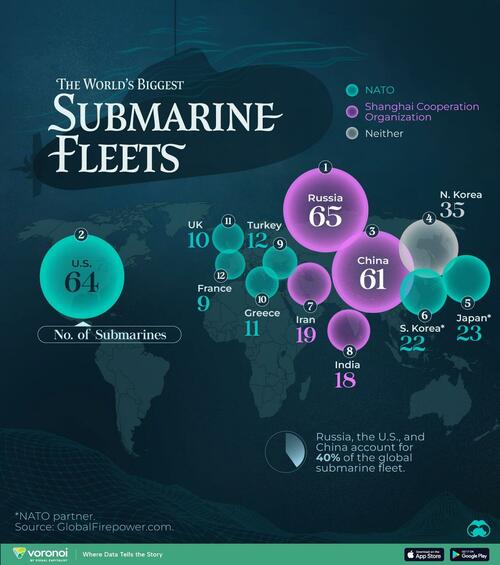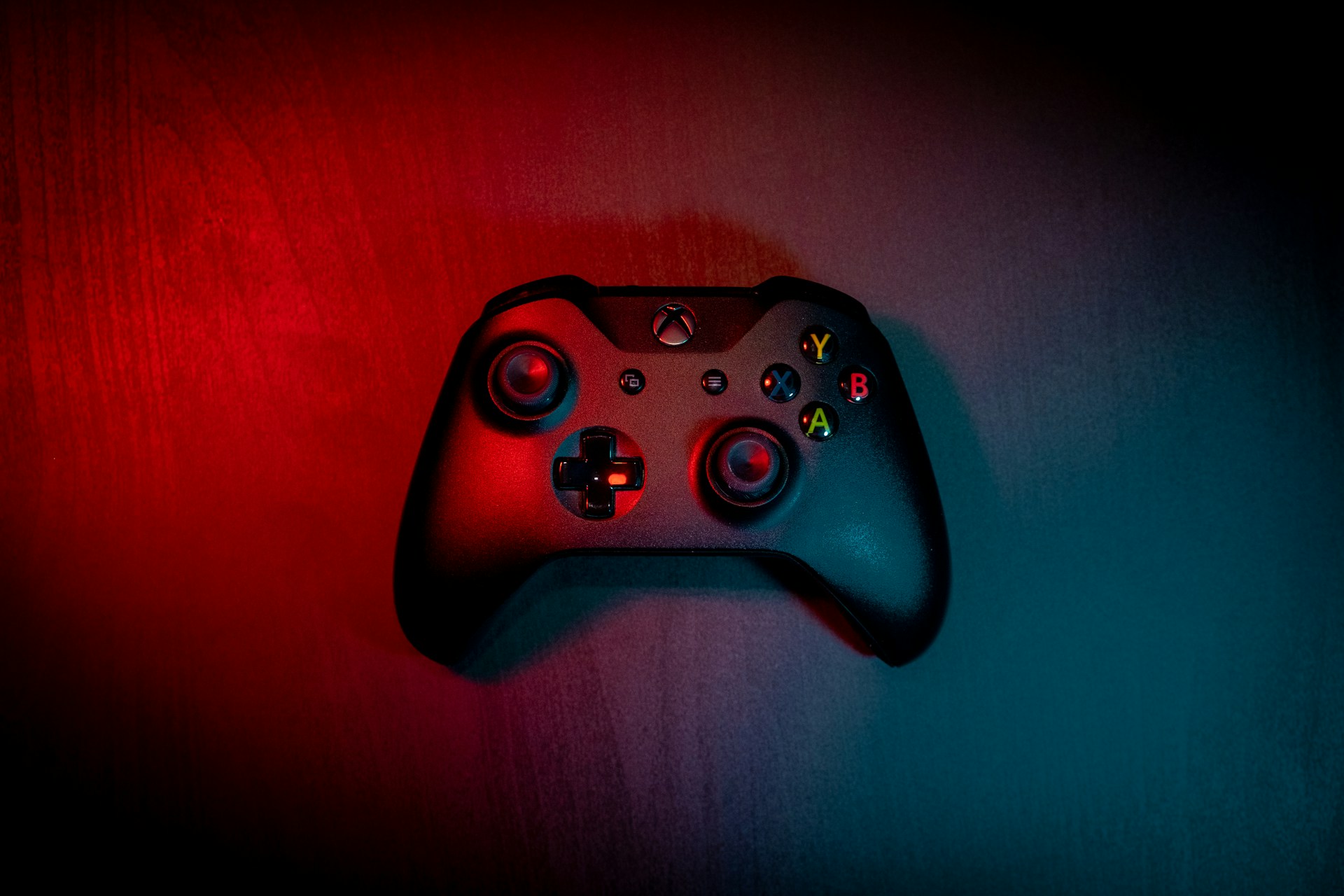Spain have reached the 2023 Women’s World Cup final in just their third appearance at the tournament, having previously never been further than the first knockout round.
Victory over Sweden in the semi-finals was secured in dramatic fashion with a late winner from Real Madrid winger Olga Carmona. It already looked as though Spain had done enough when Salma Paralluelo broke the deadlock in the 81st minute – the teenage forward was already a national hero from the quarter-finals when she scored in extra-time against the Netherlands.
But Rebecka Blomqvist equalised for Sweden soon after and it seemed as though there would be another half hour to play in order to separate the two teams with contrasting styles.
Barely any sooner after the tie restarted after the Swedish goal, Carmona won it in style.
Absolute drama 🍿
Olga Carmona sent Spain to their first-ever Women’s World Cup final with a 89th minute winner 🎯#FIFAWWC pic.twitter.com/Ku8I4Cobsp
— BBC Sport (@BBCSport) August 15, 2023
All three goals were exceptional finishes of the highest quality, with Paralluelo and Blomqvist each exhibiting composure and perfect technique to guide their efforts into the net. Carmona’s was a more spectacular shot from outside the box, ricocheting off the underside of the bar.
Even before the semi-finals had kicked off, there was guaranteed to be a brand country lifting the World Cup trophy. Japan were the last of the former champions to be knocked out, losing to Sweden in the previous round and following the same way as the United States, Norway and Germany.
But Spain’s victory means there is not only a guaranteed new champion, but also two brand new finalists. Sweden were the only one of the four semi-finalists who had previously reached the final, doing so in 2003 when they lost to Germany. Now they will compete for third/fourth place again.
Australia and England will compete for the other final place on Wednesday.
READ THE LATEST 2023 WOMEN’S WORLD CUP NEWS, PREVIEWS & PLAYER RATINGS
Spain’s success comes with an asterisk, though. Controversy still hangs over coach Jorge Vilda and the Spanish football federation (RFEF) following the mass player walk-out last September in the wake of Euro 2022 and complaints over the environment within the national team setup.
Not sure the sudden Jorge Vilda love-in is the one. You can’t ignore the problems that erupted at Euro 2022 and in the aftermath, and the fact that Spain would have otherwise an even better team now.
Two of their best players still actively refused to be called up.#FIFAWWC
— Jamie Spencer (@jamiespencer155) August 15, 2023
As many as 15 players declared themselves unavailable for selection in protest over the way that their “emotional state” and health had been “significantly” effect by the conditions. Emails were sent to RFEF that ended up being leaked and those involved were forced to clarify that they had not asked for Vila to be sacked
“We believe there are internal aspects that they can change. We would have liked it to have stayed [private] but there are things that have been leaked that are not true. There are times when things have to be said, even if it is not pleasant, for them to change,” explained captain Irene Paredes.
Paredes was not among the 15 players who sent the emails, but was supportive of the movement, as were others, like Alexia Putellas, injured at the time, and veteran striker Jenni Hermoso.
As of this World Cup, the situation has only been partially resolved. Aitana Bonmati, Ona Batlle and Mariona Caldentey were recalled from their self-enforced absences, but Mapi Leon and Patri Guijarro still refused, believing not enough has been done to change things.
“It will really p*** me off not to go to the World Cup, but my values come first,” Leon said in March.
Star goalkeeper Sandra Panos had made herself available but was curiously left out anyway.
“I will not talk about those that are not here,” Vilda said when he named his provisional World Cup squad.



